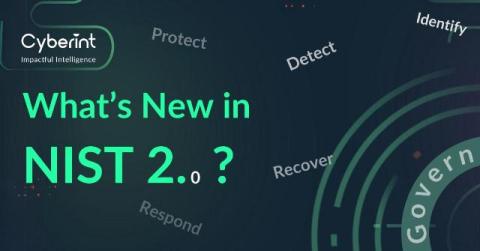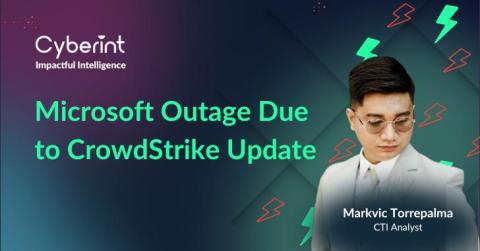On The Hunt for Hunters Ransomware: Origins, Victimology and TTPs
Amid the disruption of the Hive ransomware group by law enforcement agencies, Hunters International emerged onto the cyber scene in Q3 of 2023, displaying notable technical similarities with Hive, hinting at an evolutionary progression or branch-off from the dismantled group. This transition underscores the adaptive nature of cybercriminal networks, persisting in their illicit activities despite law enforcement actions.











